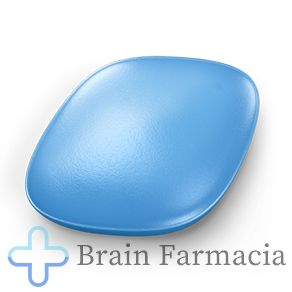Understanding Diabetes
Diabetes is a chronic medical condition characterized by high blood sugar levels. It occurs when the body either doesn't produce enough insulin or cannot effectively use the insulin it produces. Insulin is a hormone that regulates blood sugar and allows it to enter cells for energy. There are two main types of diabetes: type 1 and type 2.
Type 1 Diabetes
Type 1 diabetes is an autoimmune disease where the body's immune system mistakenly attacks the insulin-producing cells in the pancreas. This leads to little to no insulin production. It often develops in childhood or adolescence and requires daily insulin injections or the use of an insulin pump to manage blood sugar levels.
People with type 1 diabetes need to carefully monitor their blood sugar levels throughout the day and adjust their insulin doses accordingly. It is important to maintain a balanced diet, engage in regular physical activity, and follow a healthcare professional's guidance to manage this condition effectively.
Type 2 Diabetes
Type 2 diabetes is the most common form of diabetes. It occurs when the body becomes resistant to insulin or doesn't produce enough insulin to maintain normal blood sugar levels. It is often associated with lifestyle factors such as unhealthy eating habits, lack of physical activity, and excess body weight.
Managing type 2 diabetes involves making lifestyle changes, such as adopting a healthy diet, engaging in regular exercise, and losing weight if necessary. In some cases, oral medications or insulin injections may be prescribed to help control blood sugar levels. Regular monitoring of blood sugar, cholesterol, and blood pressure levels is essential for effective management.
Managing Asthma
Asthma is a chronic respiratory condition that causes inflammation and narrowing of the airways. This leads to recurring episodes of wheezing, coughing, chest tightness, and shortness of breath. While there is currently no cure for asthma, it can be effectively managed with appropriate treatment and lifestyle modifications.
Medications for Asthma
There are two main types of medications used to manage asthma: controller medications and quick-relief medications. Controller medications are taken regularly to reduce airway inflammation and prevent asthma symptoms. They are usually inhaled corticosteroids or long-acting bronchodilators.
Quick-relief medications, also known as rescue medications, are used during asthma attacks to quickly relieve symptoms and open up the airways. They are short-acting bronchodilators and provide immediate relief. It is important for individuals with asthma to work with their healthcare provider to determine the most appropriate medication regimen.
Lifestyle Modifications for Asthma
In addition to medication, certain lifestyle modifications can help manage asthma symptoms and reduce the frequency of attacks. It is essential to identify and avoid triggers that can worsen asthma symptoms, such as allergens (pollen, dust mites), smoke, exercise, and cold air.
Regular exercise is beneficial for individuals with asthma, as it improves lung function and overall fitness. However, it is crucial to warm up properly and take any prescribed medications before exercising. Maintaining a clean and dust-free environment, using dust mite covers on pillows and mattresses, and quitting smoking are also important steps in managing asthma.






